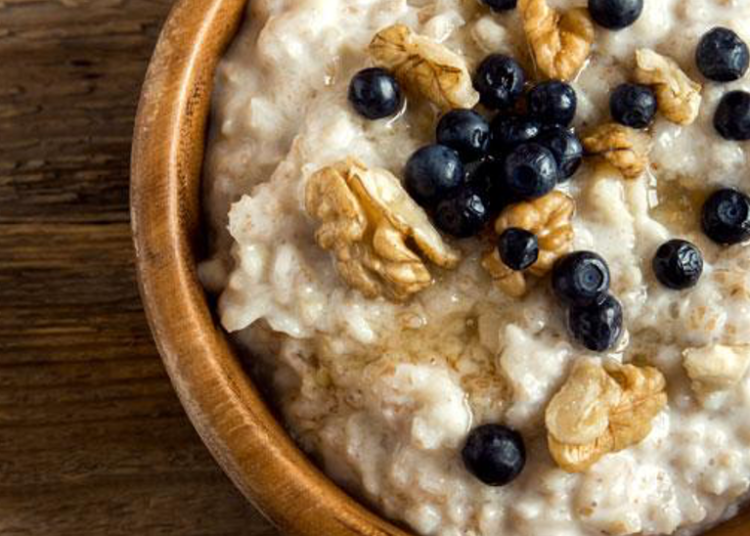CHOOSE WHOLE GRAINS
Whole grains include many vitamins and nutrients the body needs to stay healthy, including dietary fiber, iron and B vitamins. These nutrients help lower the risk of heart disease, stroke, obesity and Type 2 diabetes. They also help keep your immune system strong.
EAT FIVE FRUITS AND VEGETABLES A DAY
Dietitians recommend at least five servings of fresh fruit and vegetables daily. Fresh, frozen or canned fruits and vegetables contain vitamins and nutrients, and they help keep you hydrated. The Centers for Disease Control and Prevention (CDC) reports that fewer than 1 in 10 adults and teenagers eat enough fresh fruits and vegetables.
EAT REGULARLY
Eating consistently throughout the day can help you avoid getting overly hungry where it’s hard to make healthy choices and eat mindfully. If you’re used to three meals a day, eating more often might be an adjustment. Start with healthy snack options and avoid skipping breakfast and other meals to keep from getting too hungry later.
REDUCE SUGAR
Soda, sugary coffee and energy drinks might provide an instant boost of energy, but often then leads to a crash or noticeable drop in energy levels. Try swapping soda for sparkling water and try fruit instead of concentrated sweets.
SNACK RIGHT
Snacks should act as a bridge between meals and not as a substitute for a full meal. Choose nutrient-dense snacks with lean protein and fiber such as an apple and unsalted nuts, or carrots and string cheese, or a couple of whole grain crackers and a boiled egg.
STAY HYDRATED
Drinking regular water throughout the day helps maintain hydration and prevents health conditions such as obesity, constipation and kidney stones. Dehydration and hunger can have the same symptoms, such as headache, fatigue and lightheadedness. As a baseline, aim to drink eight 8-ounce glasses of water a day.
HOLIDAY EATING AND PORTION CONTROL
Colder months often contain several holidays focused on food. Consider eating mindfully to help prevent overeating during and after the holiday season. It’s not always good to clear your plate. Experts at UMMS suggest eating until you’re full, not until your actual plate is empty.





